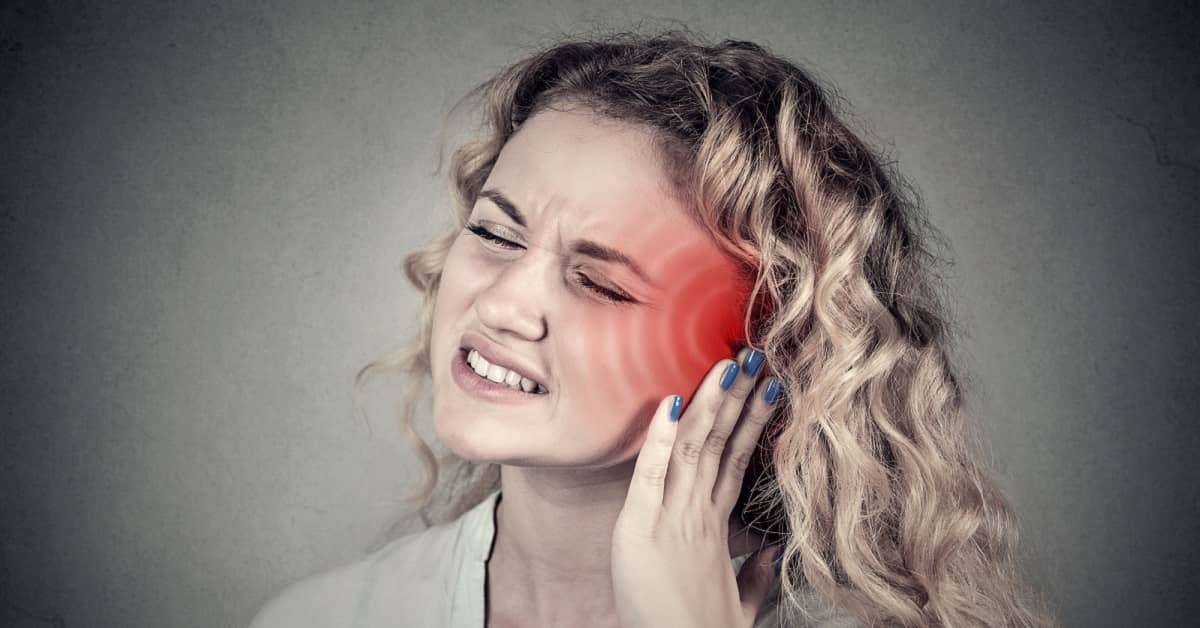
How Can Your Brain Help Heal Tinnitus?
Research shows that tinnitus sufferers have brain cells that fire abnormally. Scientists developed a unique device, called a bimodal neuromodulation device, to target these cells. It combines sound and, while this may seem odd, electrical stimulation of the tongue. Study co-author Hubert Lim, an associate professor of biomedical engineering and otolaryngology at the University of Minnesota, says this new treatment aims to activate brain circuits in response to many different sounds to drown out phantom noise. It essentially pairs zaps to the tongue with sounds to rewire brain circuits associated with tinnitus. In the largest clinical trial of its kind, researchers tested the device on 326 tinnitus sufferers. About 86 percent of the participants reported an improvement in their tinnitus symptoms when evaluated after 12 weeks of treatment. Equally promising, many reported sustained benefits up to 12 months post-treatment. “The idea is that eventually your brain gets sensitive to many different things,” Prof. Lim explains. “You can think of it as two ways to treat tinnitus. One is you can try to find [the tinnitus cells] and shut them down. Our approach is to make everything in the auditory system much more hyperactive to everything but the tinnitus.” Will this device cure tinnitus? No, but it could be a start, researchers say. “At this stage, we can say that bimodal stimulation is changing things in the brain,” Prof. Lim says. “The next step is to do brain imaging [in humans] and animal experiments to really figure out what has changed in the brain.” While the bimodal neuromodulation device is available through physicians in Ireland and Germany, it’s yet to be approved for use in the United States.Other Tinnitus Treatments
Cognitive behavioral therapy is another tinnitus treatment. It works to change the way people think about and respond to tinnitus. There’s also a hearing aid type device that generates low-level white noise to mask the sounds of tinnitus. Additionally, some tinnitus sufferers have had good results with biofeedback therapy and stress management. For more information on tinnitus treatments, visit the American Tinnitus Association. I have mild tinnitus myself, so I’ll be keeping an eye (and ear) on future research, including more from Prof. Lim and his colleagues. As with many issues, general health can affect the severity and impact of tinnitus, so – as always – it’s important to eat a healthy diet, get regular exercise, sleep well and manage stress.- https://www.mayoclinic.org/diseases-conditions/tinnitus/symptoms-causes/syc- 20350156#:~:text=Tinnitus is the perception of,or a circulatory system disorder.
- https://jamanetwork.com/journals/jamaotolaryngology/fullarticle/2533660
- https://www.ncbi.nlm.nih.gov/pmc/articles/PMC5187663/#:~:text=Tinnitus has been reported in,60%E2%80%9369 years of age.
- https://www.health.harvard.edu/diseases-and-conditions/tinnitus-ringing-in-the-ears-and- what-to-do-about-it
